Explore this page: What are EDCs? | How to protect children | Our Programs | Our Researchers
EDCs are everywhere
Although endocrine disrupting chemicals (EDCs) may sound complicated, these chemicals are found throughout our daily lives. They have many different names and science has only recently begun to identify the impacts of this class of chemicals. Some examples include BPA, Dioxins, Phthalates and PFAS.
From personal care products to clothes and cooking pans, our bodies are exposed to many EDCs. Recent research has found that these chemicals can impact our health. Their individual and combined effects can be extremely hazardous to children and pregnant people.
Many of our Center member researchers are working hard to understand more about EDCs and provide the latest information here to all those who need it.
What are Endocrine Disrupting Chemicals (EDCs)?
The endocrine system is a network of glands and organs that produce, store and secrete hormones. When functioning normally, the endocrine system works with other systems to regulate your body's healthy development and function throughout life.
EDCs are substances in the environment, food, personal care products and home goods that interfere with the normal function of your body’s endocrine system. Since EDCs come from many different sources, people are exposed in several ways, including the air we breathe, the food we eat and the water we drink. EDCs also can enter the body through the skin.
Several studies have shown that higher temperatures associated with extreme weather can amplify the effects of EDCs. Further, flooding can potentially increase exposure to EDCs in drinking water.
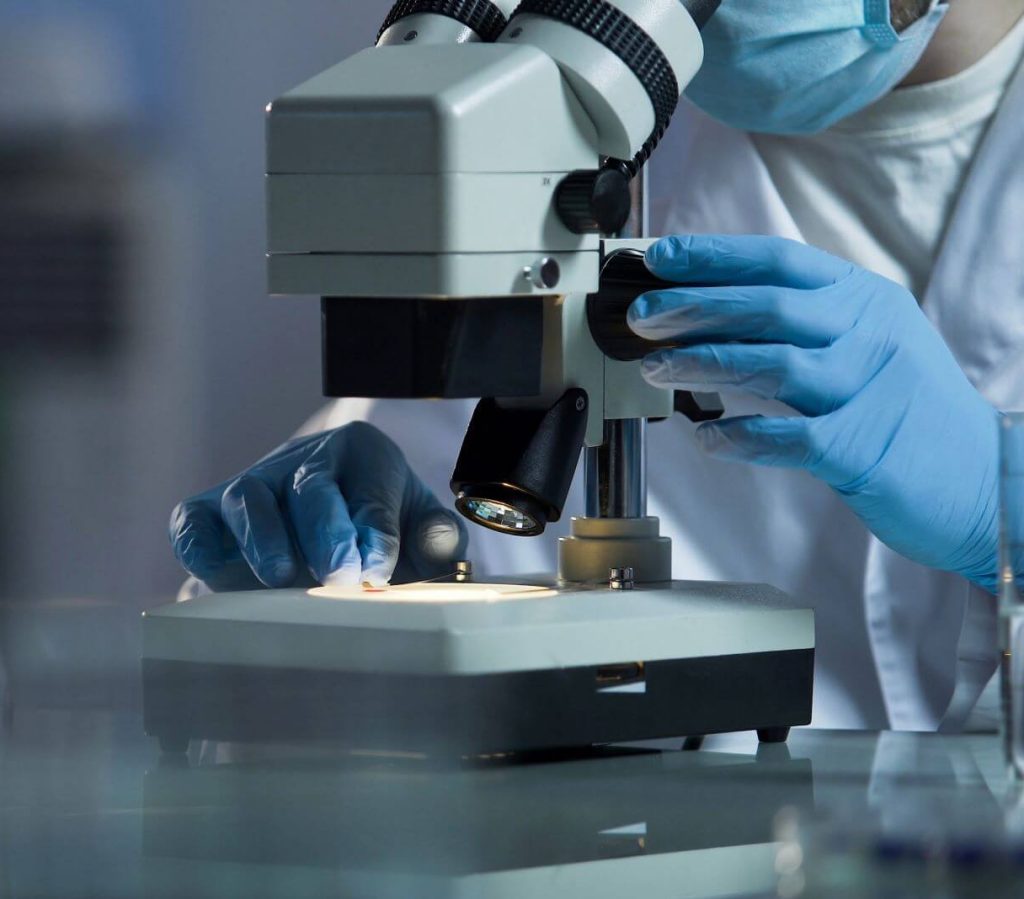
Video Resources
How do I protect my children at home?
Find out how you can make a difference in your child's health with these quick tips. Click the circle icons to view each tip.
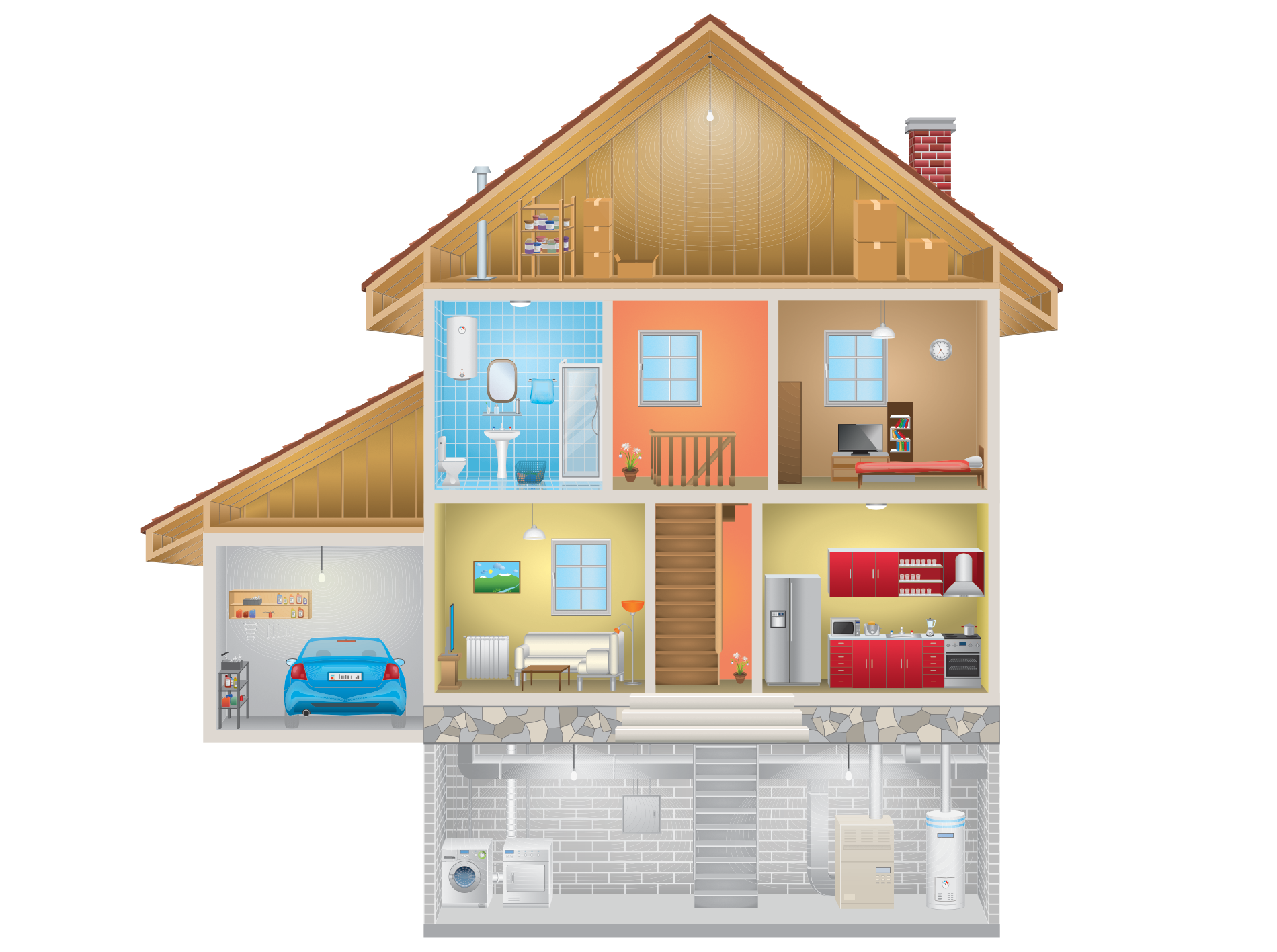
Reduce pesticide use. Try tactics like plugging holes under the sink to reduce pests and prevent the need for chemicals. Resources on Integrated Pest Management can be found here.
A PVC label refers to polyvinyl chloride. This EDC can be found in shower curtains, raincoats, flooring and outdoor furniture. Try to avoid using PVC-labeled products in your home.
Wash your hands after handling dryer lint.
Avoid hand-me-down plastic toys. Older plastics are more likely to contain EDCs.
Think twice about plastics and look for alternatives. Plastics wrap our food, our personal care products and even encase our phone. Many of these plastics contain hormone-disrupting chemicals.
Avoid commonly used shatterproof plastic (PC #7) which can contain BPA.
Avoid flexible vinyl (PVC #3) which contains phthalates.
For produce, wash fresh fruit and vegetables with tap water to remove chemicals.
Using filtered rather than bottled water reduces plastics containing EDCs in the environment. If possible, buy stainless steel re-usable water bottles.
Avoid plastic food containers. Use glass or ceramic for storing food.
Watch out for leaching. Avoid storing canned or plastic-packaged foods in hot areas, like the trunk of a car on a summer day. Also, avoid microwaving or heating food in plastic containers. EDCs may leach out of the container and into your food. Use glass storage containers instead.
How do I protect my children at the store?
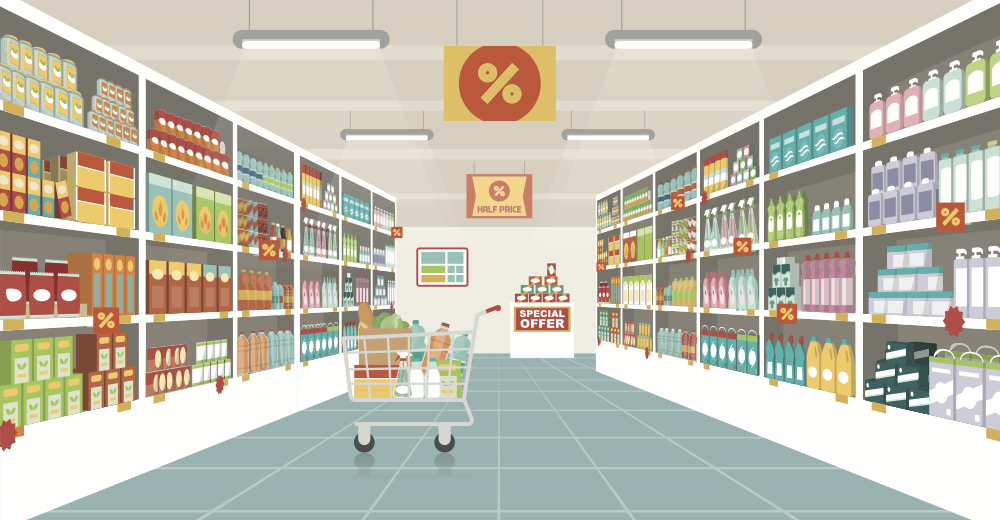
Swap canned foods for fresh ones or look for BPA-free canned foods.
Purchase BPA-free plastic items and toys, particularly those you eat or drink from, such as water bottles and food storage containers. Kids toys often find a way into their mouths!
On plastic bottles, a #1, #2, or #4 in the recycling sign means that the product is free of BPA. Labels for cleaning supplies, personal care products and detergents also indicate the presence or absence of some EDCs known to be a potential risk, such as phthalates.
Seek alternatives. Some merchants offer BPA-free products and other EDC-free products. Ask your local supermarket for this info!
Wash your hands after handling receipts.
Our EDC Programs and Resources

Flood Preparation and Management Guide for Philadelphia
Don’t be caught off guard during a rain event. Use this guide before, during and after a flood event to prepare yourself, your home and property. Stay safe!

Workshops and Continuing Education for Researchers
To enhance basic research skills that pertain to children’s environmental health, we will strongly encourage early-stage investigators and researchers to enroll in workshops and continuing education courses.
Prescriptions for Prevention
Center Members Researching Toxic Chemicals

Kimberly T. Arnold Jenkins, PhD, MPH
Kimberly T. Arnold Jenkins, PhD, MPH is an Assistant Professor of Family Medicine and Community Health with a…

Arnold Eiser, MD, MACP
Arnold R. Eiser, MD, Master of the American College of Physicians (MACP) has extensively researched the interfaces of…

J. William Gaynor, MD
J. William Gaynor, MD, is an attending surgeon in the Cardiac Center at Children’s Hospital of Philadelphia. He…

Mikayla White, MPH
Mikayla is the Program Coordinator of the Translation Core of the Center. In her role, Mikayla administers the…
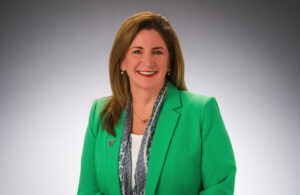
Michelle Kelly, PhD, CRNP, CNE, FAANP, FAAN
Michelle Kelly is an Associate Professor and Co-Director of the Mid-Atlantic Center for Children’s Health and the Environment…

Angela Aherrera, DrPH, MPH
Angela Aherrera is an Assistant Professor of Epidemiology at the Perelman School of Medicine at the University of…

Siddhartha Roy, PhD
Siddhartha Roy is an environmental engineer and Assistant Professor in the Department of Environmental Sciences at Rutgers University….

Erica Korb, PhD
Erica Korb is an Assistant Professor of Genetics at the Perelman School of Medicine and a member of…
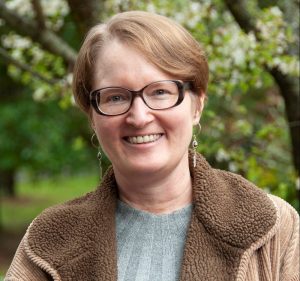
Anneclaire De Roos, PhD, MPH
Anneclaire De Roos is an environmental epidemiologist with extensive experience studying chemical, physical, and biological exposures as risk…

Trevor M. Penning, PhD
Trevor Penning is the Thelma Brown and Henry Charles Molinoff Professor of Pharmacology, Professor of Biochemistry and Biophysics…

Inkyu Han, PhD, MPH
Inkyu Han is a multidisciplinary environmental health scientist in exposure assessment and environmental epidemiology. Environmental exposure and community…

Marisa S. Bartolomei, PhD
Marisa Bartolomei is the Perelman Professor of Cell and Developmental Biology at the University of Pennsylvania. She also…

Rebecca Simmons, MD
Rebecca A. Simmons is the Hallam Hurt Professor of Pediatrics at the Perelman School of Medicine at the…

Thomas Gluodenis, PhD
Tom Gluodenis is a Professor at the Lincoln University of Pennsylvania, a Senior Lecturer (hon.) at the Center…

Kristen Lyall, ScD
Kristen Lyall’s research seeks to identify and understand modifiable factors involved in the development of autism and related…

Aimin Chen, MD, PhD
Aimin Chen is the Co-Director of the Philadelphia Regional Center for Children’s Environmental Health. He is Professor of…
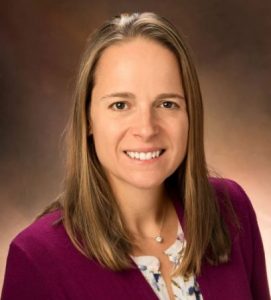
Heather Burris, MD, MPH
Heather Burris, is a founding member of Philadelphia Regional Center for Children’s Environmental Health. Heather is a practicing…

Ruth McDermott-Levy, PhD, MPH, RN, FAAN
Ruth McDermott-Levy is a Professor and Co-Director the Mid-Atlantic Center for Children’s Health and the Environment (US Region…

Sara Pinney, MD, MS
Sara Pinney is a pediatric endocrinologist at the Children’s Hospital of Philadelphia and a physician scientist in the…
